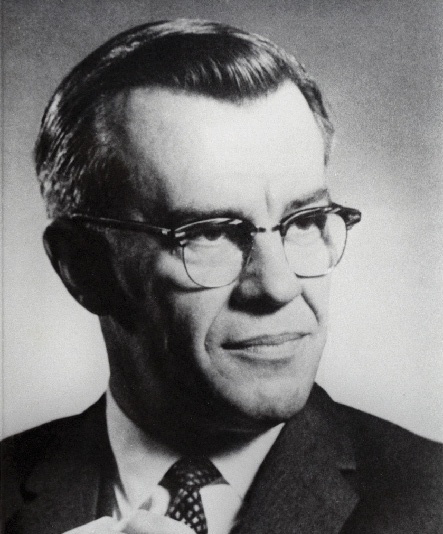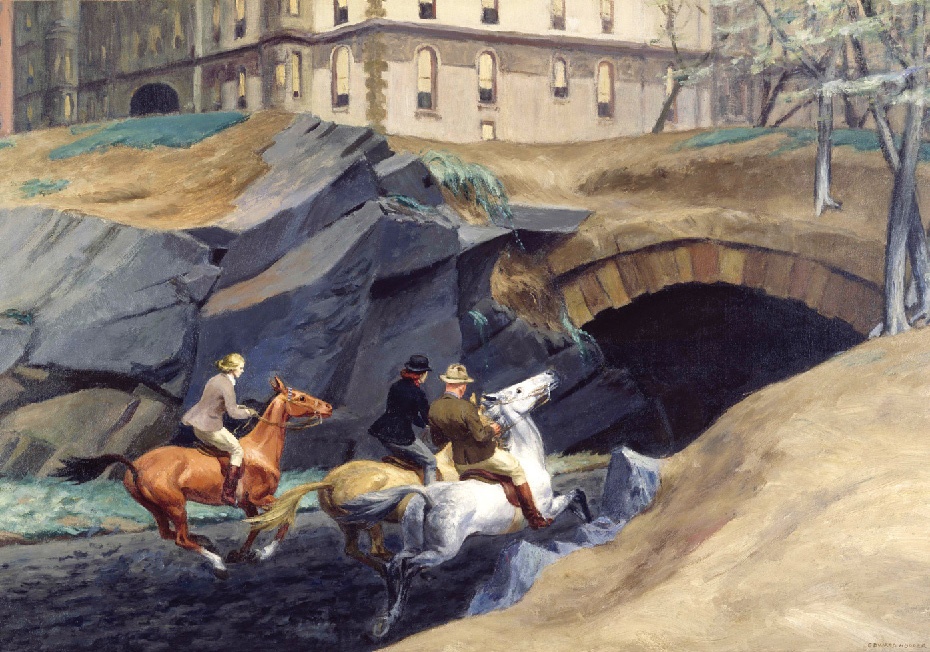Columbia College | Columbia University in the City of New York
Letters to the Editor
An Honorable Act
In the Spring 2016 issue, Lauren Steussy writes [in “A Voice with Heart,” a profile of CNN anchor and correspondent Poppy Harlow ’05] that [her father,] James Harlow ’69, “spent more hours in the library than the student revolutionaries of that era.” As one of those “revolutionaries” who nonetheless took his studies very seriously, I found myself resenting this statement. The statement is followed by a quote from Poppy’s mother, Mary: “While Jim was sympathetic, he was, like Poppy, focused on getting his work done, and frustrated that he couldn’t get into the library when the school shut down.” What I would have said to Jim then — and in fact recall telling some of my fellow students — is that engaging in acts of civil disobedience against the war in Vietnam was more honorable than getting one’s own work done, even if it meant giving up some time in the library. I would argue the same today.
Lewis Siegelbaum ’70
East Lansing, Mich.
Professor Roger Hilsman Jr.
I recently learned of former political science professor Roger Hilsman Jr.’s death on February 23, 2014, at 94. While his obituaries recount his diplomatic and military accomplishments as the assistant secretary of state for Far Eastern affairs under President Kennedy and as a member of Merrill’s Marauders in Burma during WWII, I would like to remember his service to the College.

Roger Hilsman Jr.
Professor Hilsman was a well-loved teacher and adviser to Columbia students for many years, a lively participant in political science department meetings, a prolific author and a great raconteur. I took two or three of his international relations courses and chose him as my faculty adviser, which resulted in more conversations about world events and his book projects than my course load. I recall talking with him about non-sexist writing techniques and his interest in Chinese cooking. He took great interest in promoting class discussion, introducing students to what passed for the Internet in 1984 and prompting visits to the basement computer labs to comment on articles and questions spit out by noisy and intermittently functional dot-matrix printers. I last saw him about 10 years ago as he was leaving a ballet performance with his wife, Eleanor GS’72, and was glad to learn he had published his cookbook.
No remembrance of Roger Hilsman would be complete without recounting the story he told in each class about getting wounded in battle. “Do you know how you know you’ve been shot?” he’d ask. “It’s not the pain. It’s the smell of burning flesh.” This always produced a combination of gasps and groans but the students kept coming back to hear his insights on policymaking and power.
I am grateful for all he taught me and the space to remember him here. May he rest in peace.
Lee Ilan ’87
Brooklyn, N.Y.
Painting Central Park

Edward Hopper, Bridle Path, 1939
Perhaps this is a simple typographical error, but it seems a bit more poetic: In the Spring 2016 issue, the “Columbia Forum” piece on Painting Central Park includes a work by Edward Hopper titled Bridle Path. However, the caption gives the work a new name: Bridal Path.
I like to think that this is an indication of just how far New York City has come from the days of the horse on city streets. The carriages are disappearing from Central Park, and even the College’s alumni magazine is changing the meaning of what was once a park passageway for the horse — named after one of the most common pieces of horse tack — into something completely
different. It’s probably true! This is likely used more often as a “bridal” than “bridle” path, not even 100 years after the painting.
Miriam Hartman Krauss ’99
Los Angeles
As a longtime New Yorker (and as a visual artist who has often photographed Central Park), I enjoyed very much the excerpts from the fine book Painting Central Park by Roger F. Pasquier ’69. Not least of the pleasures was seeing an “action painting” by Edward Hopper, who isn’t known for such subject matter. But its caption, which called it Bridal Path, jumped right out at me. Surely you meant Bridle Path. I am no horseman and have never been a bride, but I don’t think I’d have let this mistake escape me.
Allen Schill ’73
Turin, Italy
Branding
I spent my career in consumer magazine publishing. Rather than editorial product, the majority of my effort was the business side, making sure we were profitable and connected to our readers. The way we did that was to produce an engaging, entertaining and I hope important magazine that readers would purchase on the newsstand or, if a subscriber, would open as soon as it came into the home. The way to do that was to give the publication a clear identity.
Columbia College Today is a very good magazine that touches all the right buttons for its readers. Just as Fortune is about wealth and business and People is about people and Sports Illustrated is about sports, the identity of Columbia College Today is about Columbia College, today.
So I am mystified as to why in the world you have decided to complicate this simple and successful equation and confuse the reader by changing the name of the magazine. I realize it remains in smaller type next to the big “CCT,” but suspect that whatever art director or committee decided this change was needed probably has a plan to let that original name disappear at some point. In any case, “CCT” has meaning to staff, but not to audience.
Brands are valuable and the connection between a publication and its readers is critical. I strongly urge you to rethink this change. Redesign and change can be wonderful. Columbia College Today constantly refines itself and at this time is the best, most interesting it has ever been. It is only the name change that so confuses me and causes me to feel the need to write this note and recommendation.
Jim Fishman ’62
Falls Church, Va.
(Editor’s note: The name of the magazine has not changed. However, as it’s a long name, we introduced a new logo as a design element that takes advantage of our initials. We have no plans to drop the name Columbia College Today.)
Issue Contents
Published three times a year by Columbia College for alumni, students, faculty, parents and friends.
Columbia Alumni Center
622 W. 113th St., MC 4530, 6th Fl.
New York, NY 10025
212-851-7852
cct@columbia.edu
Columbia Alumni Center
622 W. 113th St., MC 4530, 4th Fl.
New York, NY 10025
212-851-7488
ccalumni@columbia.edu


